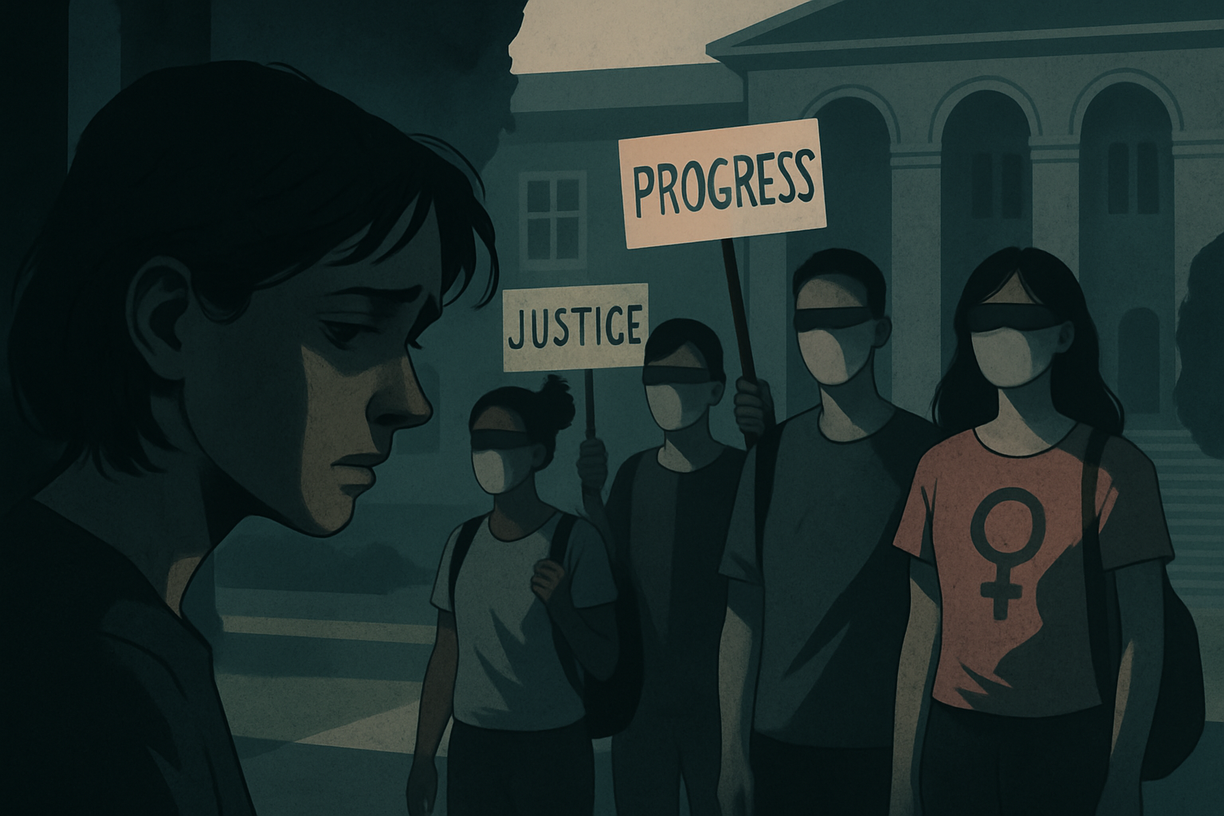Education is a fundamental right, but for many girls, the journey to knowledge is overshadowed by the threat of harassment. Schools, colleges, and universities should be safe spaces, yet incidents of harassment remain a harsh reality. While systemic changes are crucial, girls can also take proactive steps to protect themselves and create a safer environment.
1. Know Your Rights
Many girls remain silent about harassment because they are unaware of their legal rights. In Pakistan, laws such as the Protection Against Harassment of Women at Workplace Act (2010) and university anti-harassment policies exist to safeguard students. Knowing these laws can empower you to take action if needed.
2. Speak Up & Report
Harassers thrive on silence. If you experience or witness harassment, report it to your institution’s harassment committee, a trusted teacher, or student support groups. Keeping quiet only allows the problem to grow.
3. Build a Strong Support System
Having a group of friends or allies can be a great defense. A strong support system ensures that if something happens, you have people who will stand by you and help take action.
4. Trust Your Instincts
If someone’s behavior makes you uncomfortable, trust your gut feelings. Set firm boundaries and do not hesitate to call out inappropriate actions, whether it’s an unwanted touch, staring, or inappropriate comments.
5. Be Aware of Your Surroundings
Stay alert in less crowded areas like empty classrooms, stairwells, or deserted hallways. If you feel unsafe, move towards well-lit and populated areas where help is easily accessible.
6. Use Technology for Safety
Share your live location with a trusted friend or family member when staying late at your institute. Keep emergency contacts saved on speed dial. If possible, record or document inappropriate behavior as evidence.
7. Learn Self-Defense
Basic self-defense techniques can be a game-changer. Many organizations offer training programs that teach girls how to handle physical threats and respond confidently in uncomfortable situations.
8. Raise Awareness & Advocate for Change
Harassment is a societal problem, and real change happens when students demand better policies and stricter enforcement. Participate in awareness campaigns, workshops, or student unions advocating for safer campuses.
Final Thoughts
Harassment should never be a barrier to education. While institutions must take responsibility for ensuring a safe environment, girls can also take steps to protect themselves and stand up against harassment. Together, through awareness, action, and solidarity, we can make educational institutes safer for everyone.






